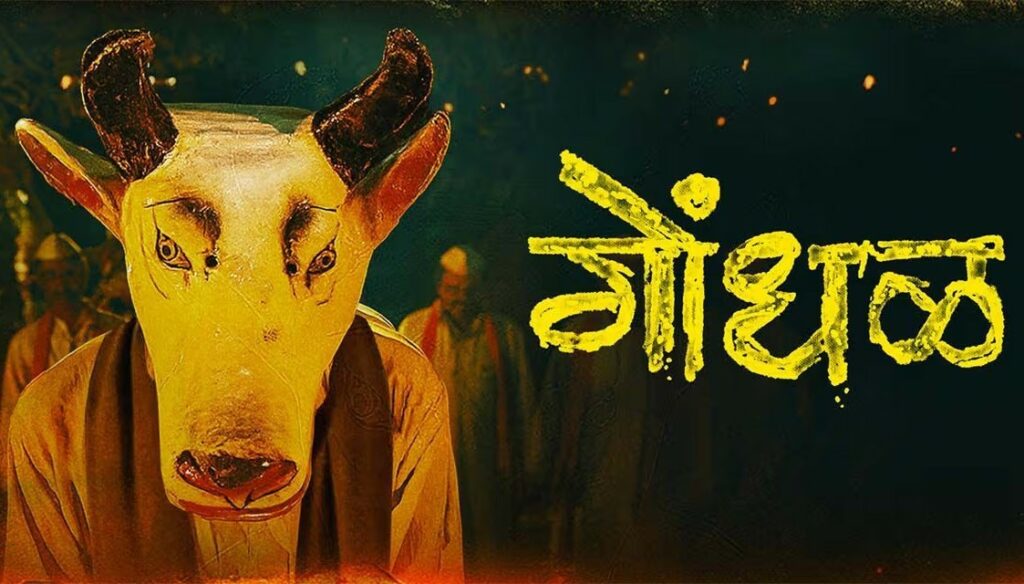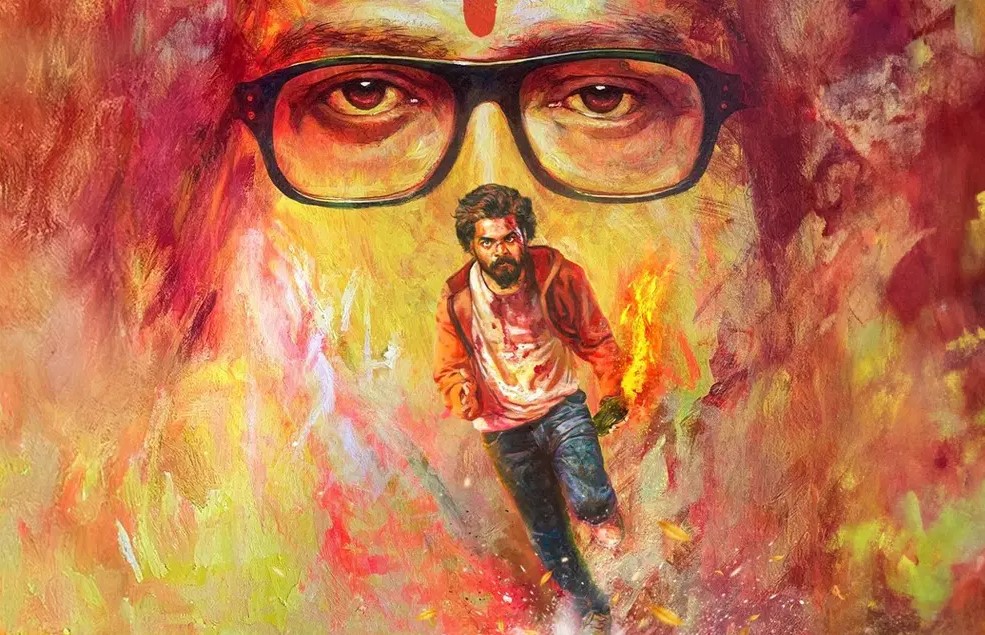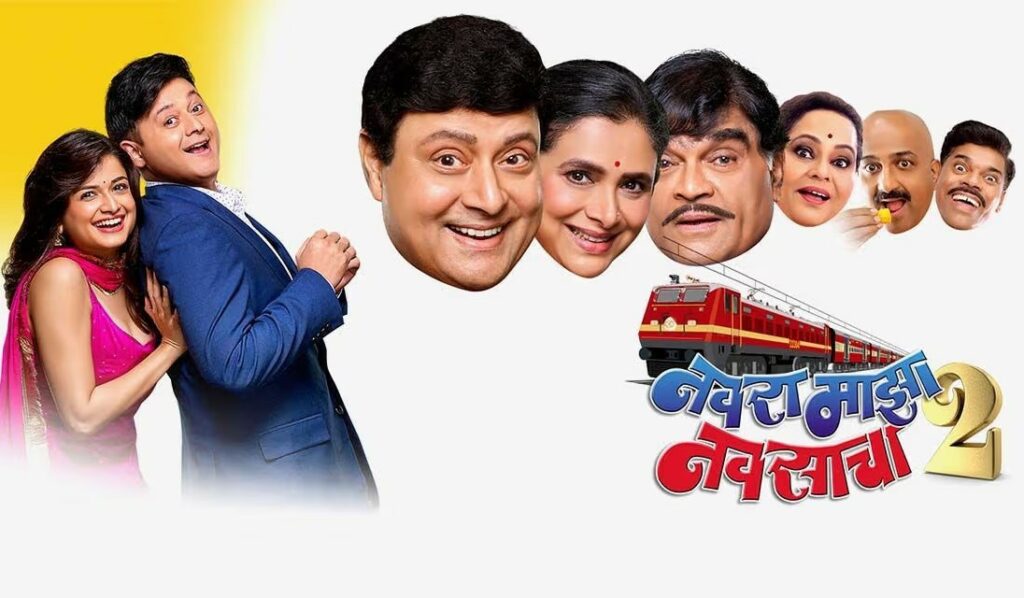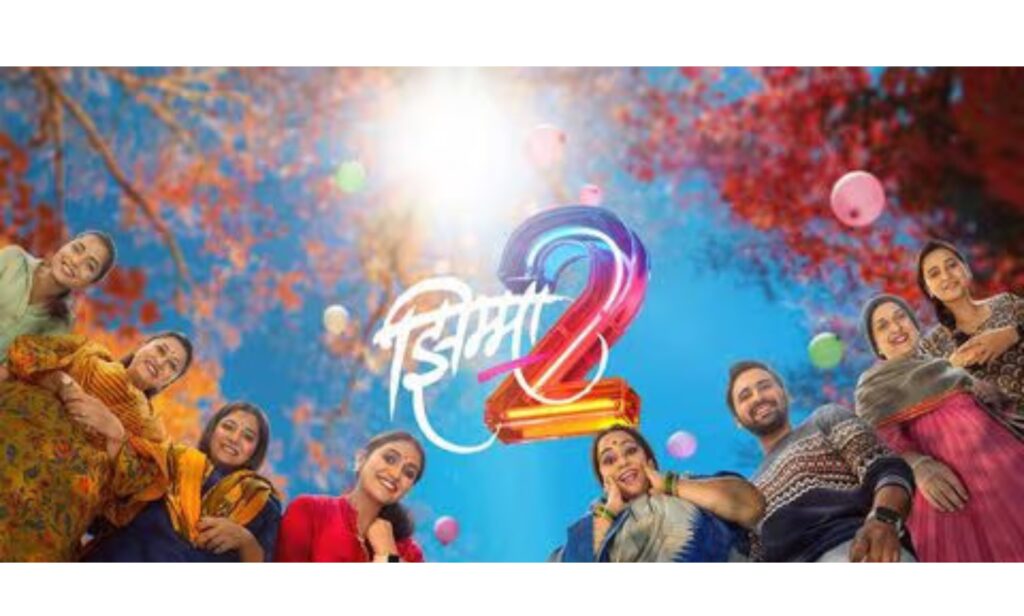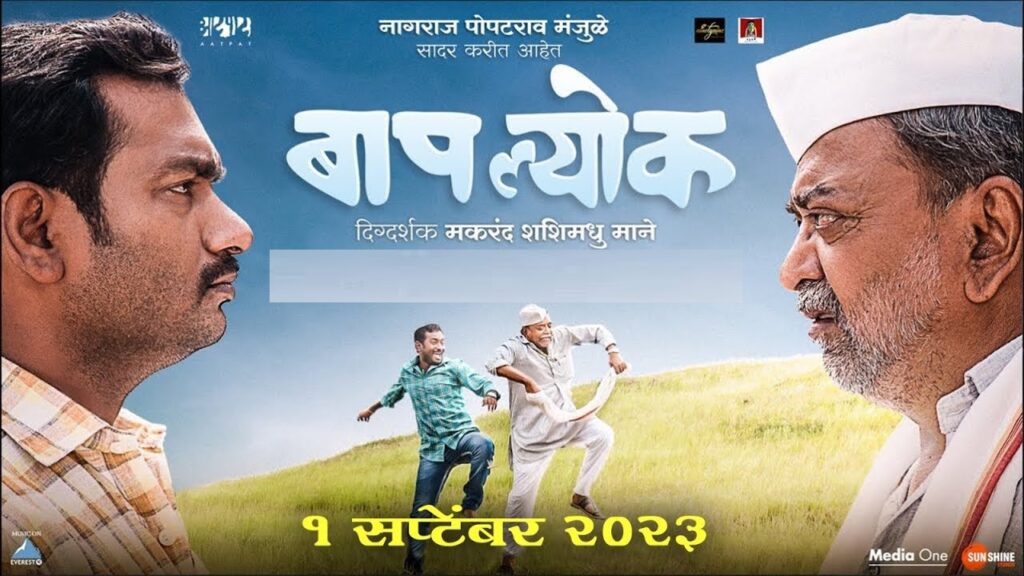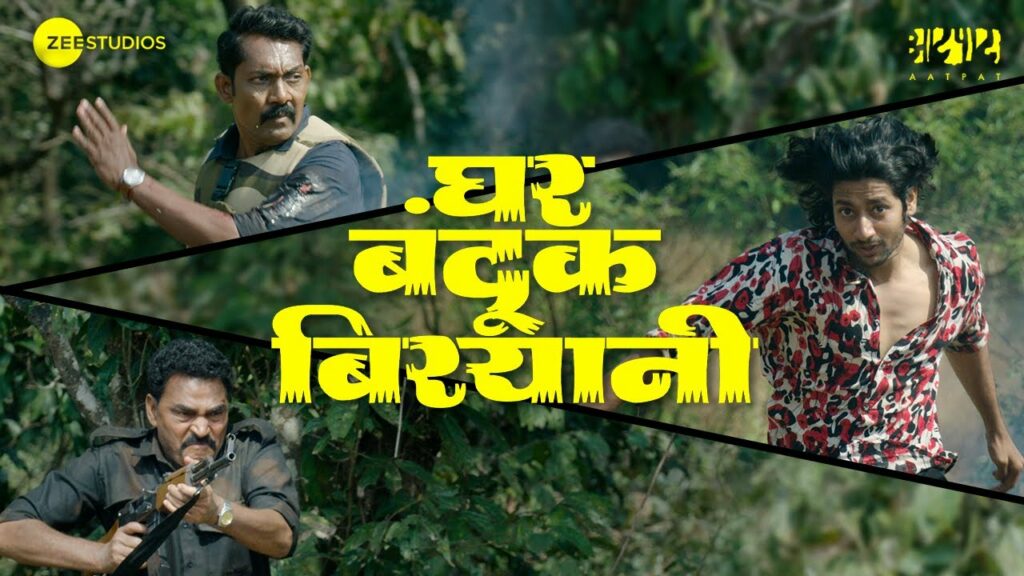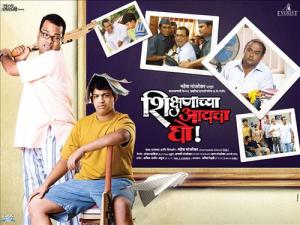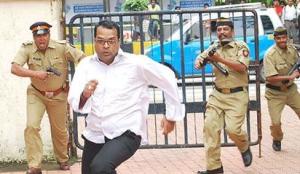Storyline: Gondhal is a night-long ritual held in one of the interiors of Maharashtra. It is performed in presence of a newly-married couple in order to eliminate the obstacles from their lives. A folk performance throughout the night is a part of the ritual, which is attended by the entire village. The story starts off when Bhivaba (Kishore Kadam) arrives to perform the ritual for the newlywed couple Anandrao (Yogesh Sohoni) and Suman (Ishita Deshmukh).
But this is not going to be just another night of the said ritual. Sarjerao (Nishad Bhoir), the son of the village Patil, is jealous to see a girl as beautiful as Suman being married off to the simple and innocent Anand. In fact, Sarjerao was earlier supposed to marry Suman but he couldn’t after his father asked for a huge amount in dowry. Despite Suman now being a wife of another man, Sarjerao is not in the mood to accept defeat.
Review: Gondhal, which is written and directed by Santosh Davakhar, gets the viewers transported into the interiors of the village and the ceremony of Gondhal in a thoroughly impressive manner. It does that through a long one-take shot that not only follows different characters perform different tasks but also in presence of over 100 junior actors in a large open area. Veteran cinematographer Amalendu Chaudhary makes his presence felt in various other shots as well.
No stone is left unturned when it comes to portraying the ceremony and its various aspects. One can find even minute detailing with regards to the rituals, costumes and production designing.
But the actual story begins at the interval block through an interesting development. This makes you think that the story will go on an expected route. But it actually goes onto the sinister mode. There comes a time when the ritual becomes a mystery drama. Even if you are able to guess the final outcome, its presentation keeps the proceedings interesting. Gondhal indirectly presents an irony of dark human intentions even while performing a sacred activity.
Ilaiyaraaja’s music is decent. His background score succeeds in enhancing scenes of different moods.
Ishita Deshmukh suits in the role of a newlywed wife. But she also shines whenever she has to act naughty. She is a find for the future. Yogesh Sohoni is perfect as the naïve young husband. He gets to display his talent more in the climax.
Nishad Bhoir is fair as the desperate Sarjerao. Kishore Kadam impresses the most during the initial long one-take scene. Suresh Vishwakarma, as Patil, and the rest of the supporting actors chip in with decent performances.
Coming to the negatives, an act committed by Bhivaba post-interval doesn’t appear convincing. It is difficult to believe that a character like his can take such an extreme step. There are also a few instances where the film could have been crisper.
Overall: Gondhal is a fine saga about a ritual turning into the night of crime. This is the debut feature film for Santosh Davakhar both as a writer and director but it doesn’t appear so.
Rating: 4 out of 5
Director: Santosh Davakhar
Producers: Davakhar Films
Writer: Santosh Davakhar (story, screenplay and dialogues)
Cast: Ishita Deshmukh, Yogesh Sohoni, Nishad Bhoir, Kishore Kadam
Also read: Haq review: Yami Gautam excels in this one-time watch courtroom drama
This blog is one of the Top 30 Indian movie blogs on the web as per FeedSpot. See the full list here –https://bloggers.feedspot.com/indian_movie_blogs/
